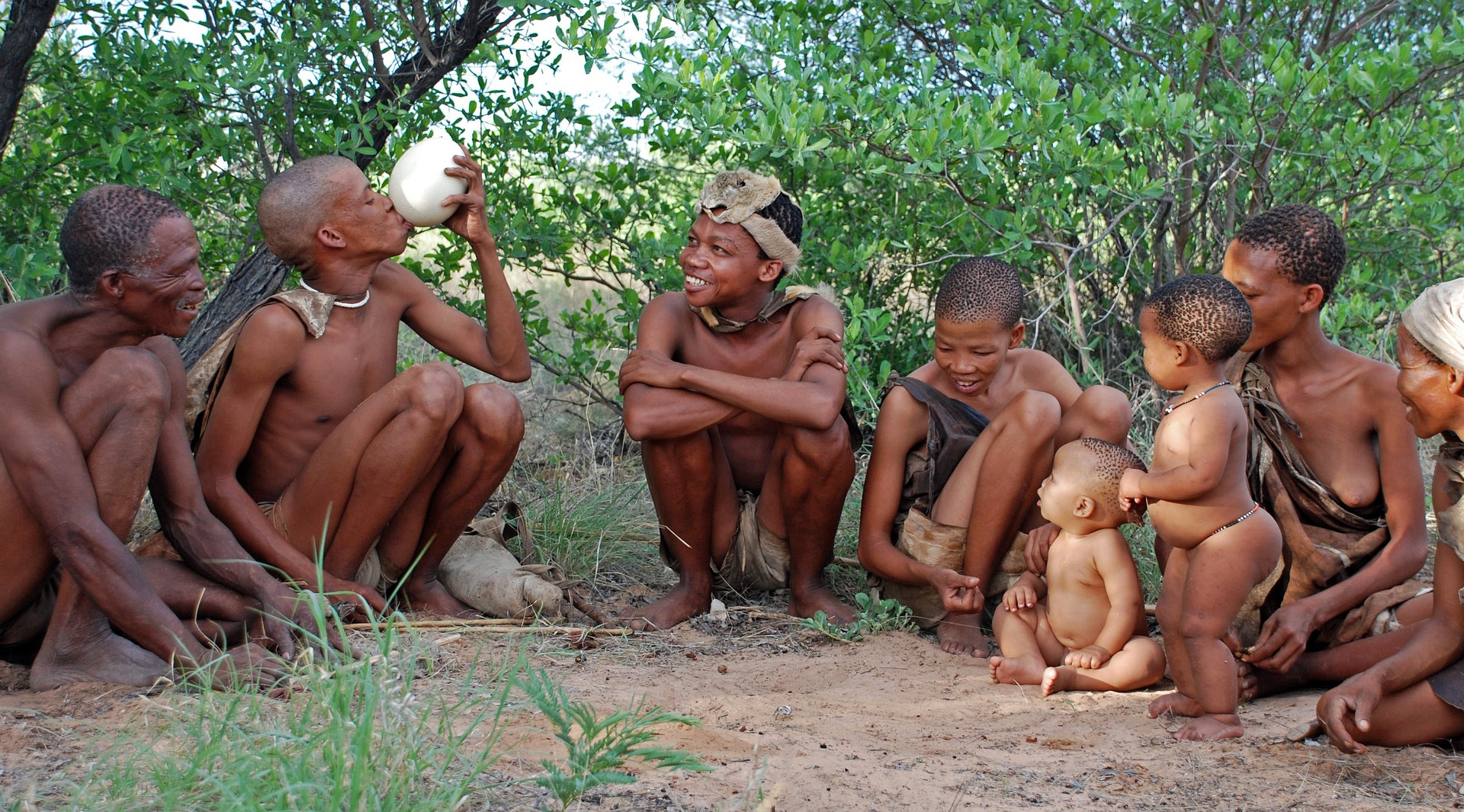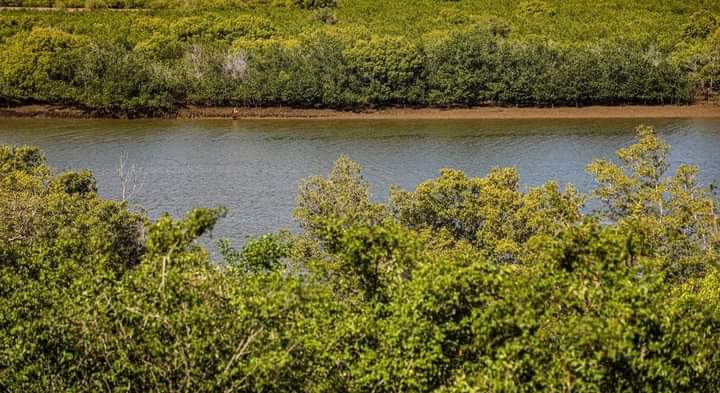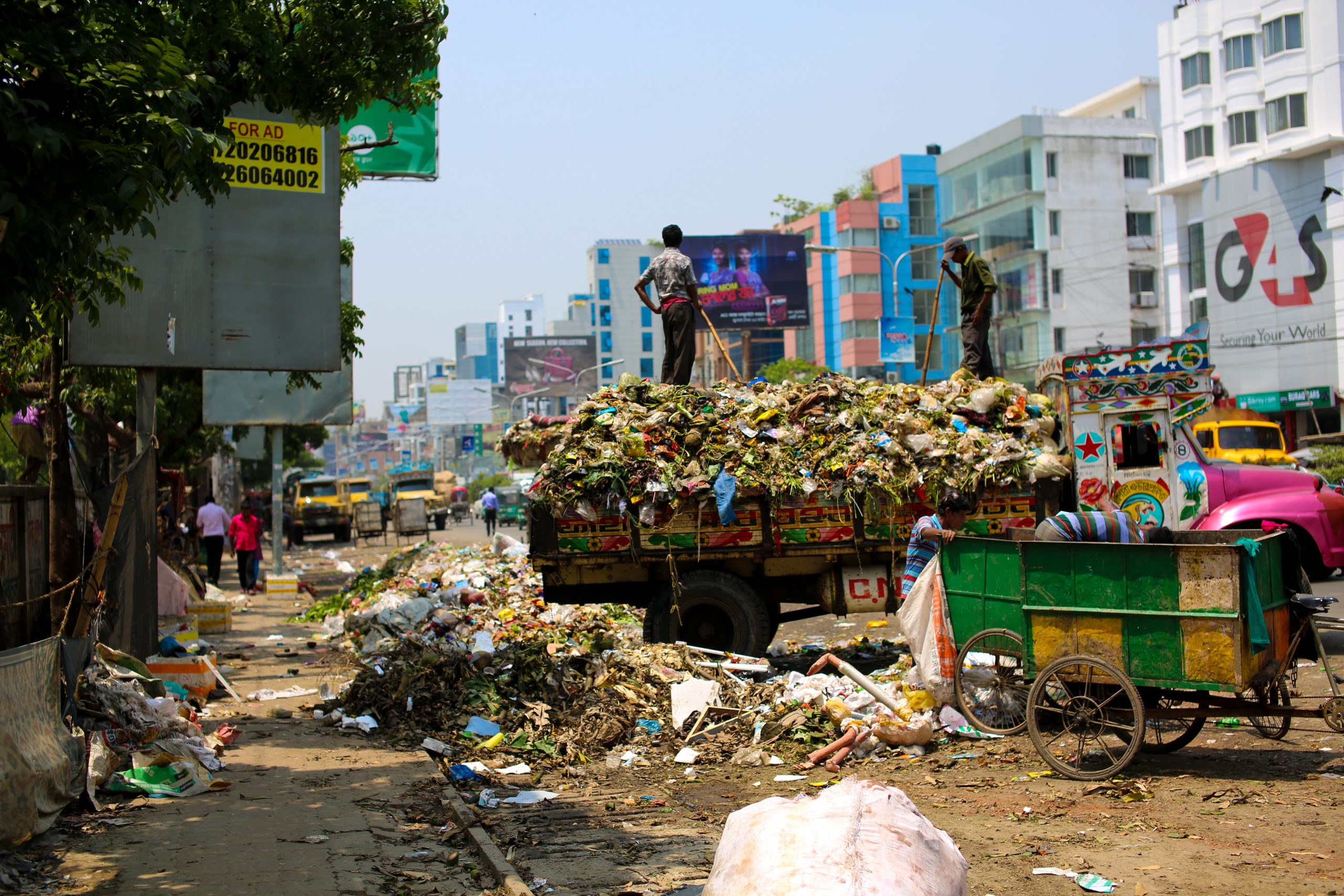
The connection between global inequality and climate change prompts many scholars, including Professor Esther Duflo, to argue that climate change is fundamentally a political problem. This article analyses how wealth distribution shapes both the causes and consequences of climate change and how political systems have influenced responses to the crisis. Also, it evaluates Professor Duflo’s argument that political action, or inaction, plays a key role in worsening the climate situation.
Global inequality and how climate change deepens inequality
The poorest half of the global population owns just 2% of the world’s wealth, while the richest 10% owns 76%. This wealth inequality has direct implications for climate change. The wealthiest individuals and nations are responsible for the bulk of greenhouse gas emissions, while the poorest, who contribute the least, suffer the most severe consequences, such as rising sea levels, floods, and food insecurity.
There has been a vast difference in inequality depending on the region. In Europe, for example, the top 10% hold around 36% of the wealth, while in the Middle East and North Africa (MENA), it’s 58%. These numbers highlight the uneven capacity to deal with climate change across regions. Wealthier areas like Europe can invest in climate adaptation and green technologies, while more unequal regions, such as MENA, face greater challenges in responding to climate shocks.
Inequality plays a central role in both the causes and impacts of climate change. The Global North- with its industrialized nations- contributes heavily to greenhouse gas emissions, primarily through the use of fossil fuels. Meanwhile, the Global South, which contributes the least, suffers disproportionately. This is due to their limited capacity for adaptation and resilience in the face of climate shocks, such as droughts and floods (Fuhr, 2021). One example is Africa, where millions are displaced by climate change, despite their small carbon footprint. This imbalance in responsibility and impact is a major form of inequality.
Historical Efforts to Address Climate Change Inequality
The Kyoto Protocol, established in 1997, was one of the first international agreements aimed at reducing greenhouse gas emissions. However, it only applies to industrialized countries, excluding developing nations, which are often the most affected by climate change. To support the Global South, the Adaptation Fund was created in 2001(AFB, 2008) to finance adaptation projects in these regions. However, the fund is severely underfinanced. The target was over USD 1 billion, but as of 2023, it only holds USD 214 million (AFB, 2008). This underfunding highlights the political failure to address the needs of the most vulnerable populations.
In 2015, the Paris Agreement marked a significant shift by obliging developed nations to help the Global South build climate resilience (UNFCCC, 2015) and had an ambitious global temperature target of less than 2°C above pre-industrial levels with efforts to limit temperature rise even further to 1.5°C (Gomez-Echeverri, 2018). However, many countries shifted their focus to other mechanisms, such as the Green Climate Fund, and have deprioritized contributions to the Adaptation Fund. This shift in financing reflects a political decision to focus on projects with immediate, visible benefits, rather than long-term adaptation efforts. This shows how political priorities can undermine meaningful climate action, particularly for vulnerable populations in the Global South.
Urbanization and Political Influence
Cities play a critical role in both causing and mitigating climate change. The City Climate Finance Gap Fund, launched in 2020, was designed to support urban areas in becoming more resilient and reducing emissions. However, accessing this funding requires meeting strict criteria, and many cities, especially in the Global South, are unable to qualify. Political support is also crucial to the success of these projects. For example, the Mandera Greening Programme 5 in Kenya was only possible because of political will. The programme is an initiative of the County Government of Mandera to cope with the frequent occurrence of drought as well as climate change impacts. To date, it has achieved over about 300,000 planted trees in the town giving it the sustainable adaptability status. Without the backing of local leadership, it’s unlikely that the project would have moved forward, demonstrating how political influence shapes climate adaptation efforts.
Prof. Esther Dulfo’s Argument: A Political Problem from Hell

Professor Esther Duflo argues that climate change is fundamentally a political problem. The biggest polluters, such as fossil fuel corporations and wealthy nations, continue to profit, while those least responsible—typically in the Global South—suffer the most. Political inaction is often the root of this issue. Policies like the Kyoto Protocol and the Paris Agreement show that while technical solutions exist, implementing them requires political will.
In conclusion, we strongly agree with Duflo: Climate change is indeed a ‘political problem from hell; one that requires collective political action. To address both climate change and inequality, we need coordinated global action. This includes holding wealthy polluters accountable, increasing climate finance for adaptation in the Global South, and ensuring that political leaders prioritize long-term climate resilience over short-term political gains. The case of the Mandera Greening Programme illustrates how political leadership can make or break climate resilience efforts. Without political commitment, climate finance and adaptation remain underfunded and ineffective.
The role of policy cannot be overstated. Without political will, as Professor Duflo points out, we will continue to see the most vulnerable populations pay the price for the climate crisis they did not cause. It’s critical that we push for inclusive leadership, equitable climate finance, and policies that protect both people and the planet.
References
(n.d.). AFB.B.3.8_Operational_Policies_and_Guidelines_08.26.08_-_revised.1.pdf (adaptation-fund.org).
Fuhr, H. (2021). The rise of the Global South and the rise in global emissions. Third World quarterly.
Gomez-Echeverri, L. (2018). Climate and development: enhancing impact through stronger linkages in the implementation of the Paris Agreement and the Sustainable Development Goals(SDGs).
UNFCCC. (2015). Paris Agreement United Nations Framework Convention on Climate Change.
Walker, B. H. (2004). Resilience, adaptability, and transforming in social-ecological systems. Ecology and Society,9(2).
Read Also: https://ecofriendmagazine.com/global-environmental-challenges/




